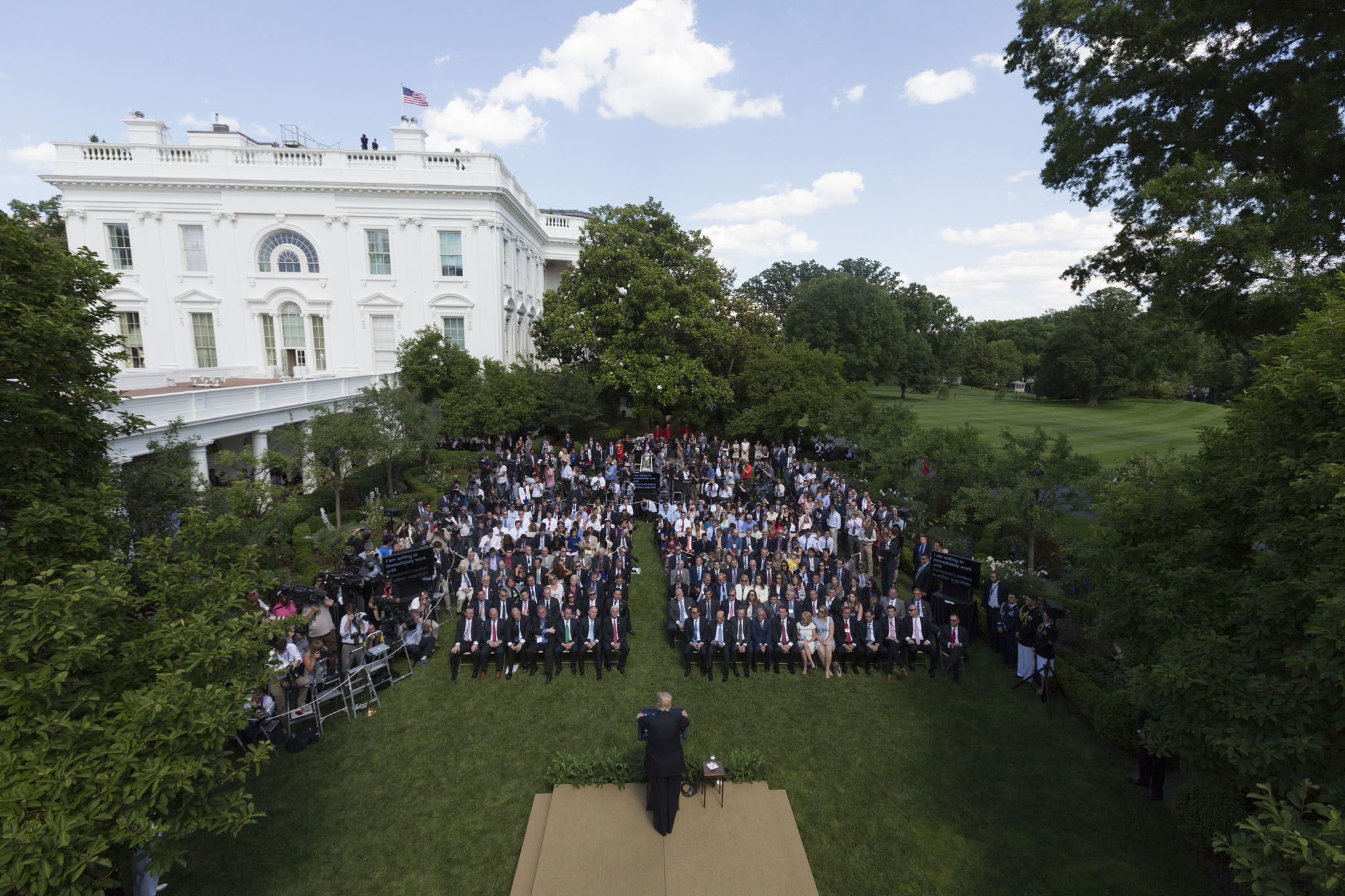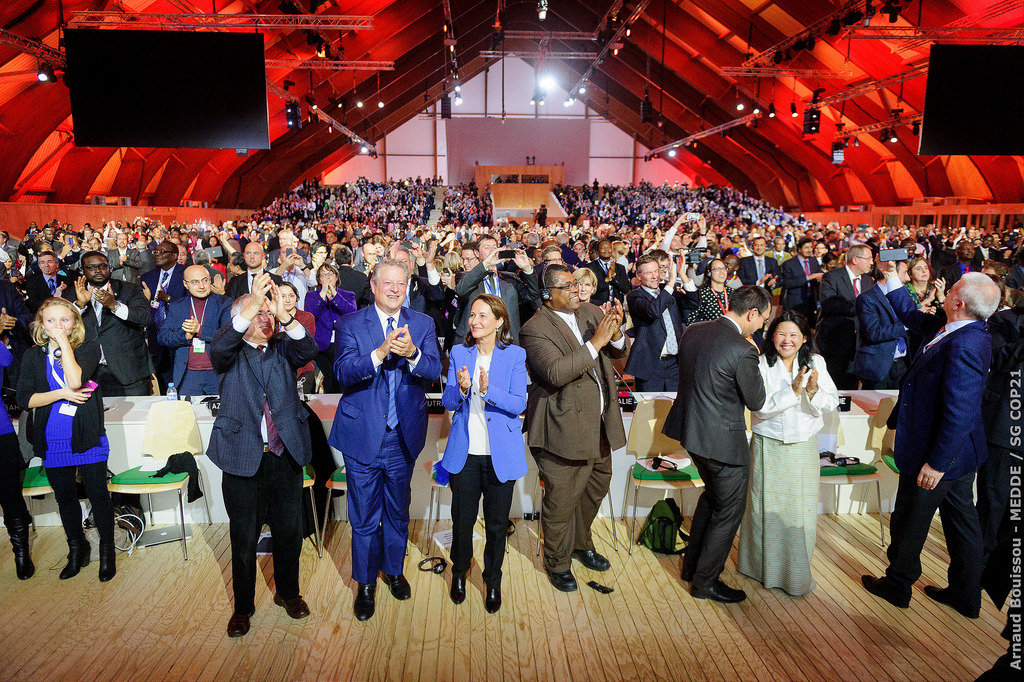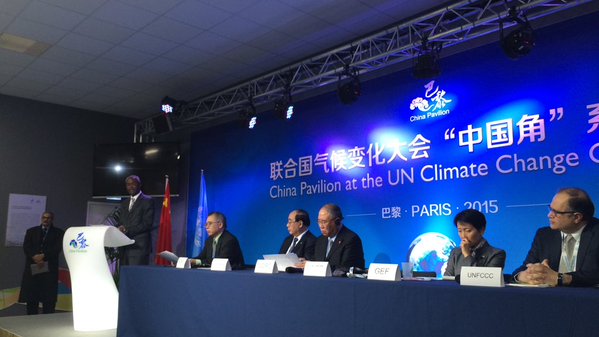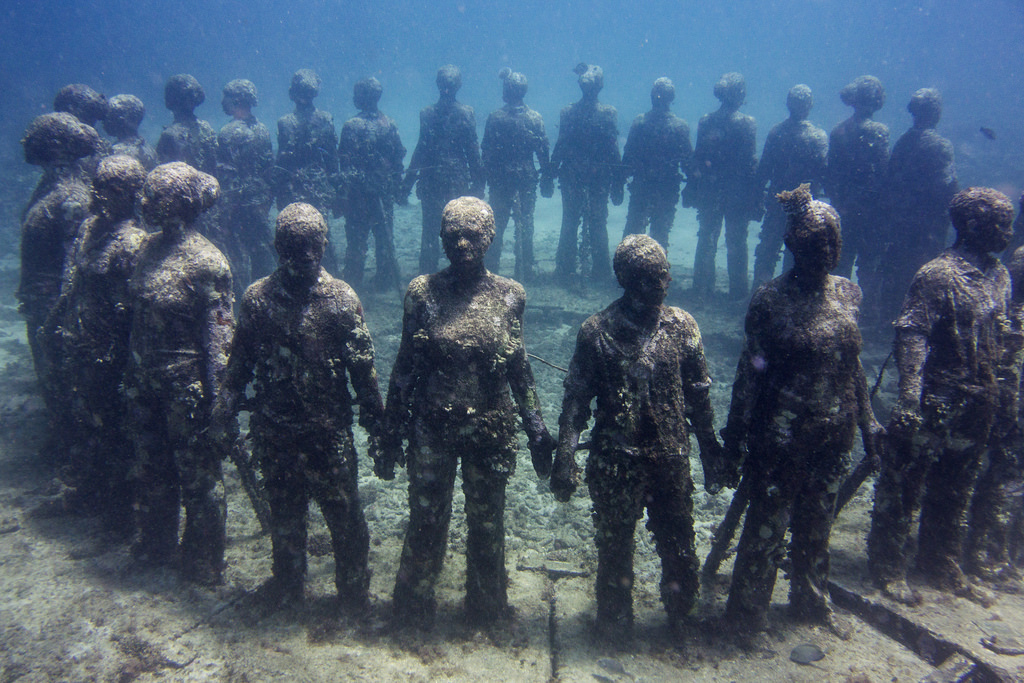Impakter Editorial Board
President Trump’s withdrawal from the Paris Climate Agreement is likely to have two major consequences. The first is environmental, the other political.
Starting with environmental impact. It will be bad for the planet, but it will be bad primarily for the United States.
Above all, it means that the Federal Government will play no supporting role in the move to a non-fossil fueled economy, in total contrast to what governments of all other countries plan to do and are already doing. This leaves the United States at a clear disadvantage in the concert of nations. And it is already happening, to see this go no further than India, the world’s third largest polluter after China and the US: Prime Minister Modi has made abandoning coal-fueled electricity an official policy. India is embracing green energy because it is both cheaper and cleaner.
Can the American private sector fill in the void left by the Federal Government? Probably. The momentum is there, California is committed to a carbon-neutral future and California is a big player among American States with its 80 million people. Moreover, many States are following its example.
Equally important: Hundreds of American corporations have pledged to reduce their carbon footprint and have done so most recently in an open letter on the Wall Street Journal. Perhaps not all signatories are serious about fighting global warming, some have been caught funding anti-climate lobbies. But eventually their “green washing” is likely to turn into the real thing, as consumers and public opinion hold them to their pledge.
Yet, because the American economy will be lacking any Federal stimulus as environmental protection policies are eliminated, it is likely that job creation will be slowed down in what are today the more technologically advanced sectors of the economy. The new green energy sector won’t get the subsidies and tax breaks it needs in contrast to what will happen in other countries. Meanwhile, deregulation of American fossil-fuel industries that already enjoy tax breaks and subsidies will sustain their expansion.
This brings up an issue that has not been sufficiently raised in the media: The public health cost of an expansion in fossil-fueled industries, a cost that President Trump has not factored in. He has talked in terms of defending American jobs in the fossil fuel sector, he has never mentioned the loss of American lives and productivity, as people get sick.
A surge in coal production and fracking will clearly threaten the quality of water and air, this is not a matter for conjecture. The data is in, we can calculate the impact of diseases related to air and water pollution, and tally up the early deaths and cost to the Gross National Product in terms of increased cost care and work hours lost, and worse, the number of deaths. The numbers are staggering. For example, a recent scientific report on air pollution caused by energy production in the U.S. over a decade (2002-2011) concluded that, while there was an improvement as fossil fuel-industries were cut back, the damage still amounted to at least $131 billion in the year 2011 alone, thus confirming the success of more stringent emissions regulations on the energy sector while also pointing out the need to continue cracking down. A need that went unheeded by the Trump Administration.
But it is not merely a matter of money. The World Health Organization estimates that we can expect 250,000 additional deaths worldwide per year starting in 2030 if nothing is done to address climate change.
In short, the US pulling out of the Paris Climate Accord could cause a health emergency in the United States if nothing is done.
RELATED ARTICLE: Climate Changes Health, How Can We Adapt to Protect it
The political impact is devastating. US world leadership is suddenly at risk. The reaction of world leaders was immediate and unanimous: They all re-affirmed their support for policies to achieve a carbon-neutral future and “save the earth”.
France, Germany and Italy were the first to issue a joint statement, saying “We deem the momentum generated in Paris in December 2015 irreversible and we firmly believe that the Paris Agreement cannot be renegotiated, since it is a vital instrument for our planet, societies and economies”. They urged all their allies to speed up efforts to combat climate change and said they would do more to help developing countries adapt. The UK Prime Minister Theresa May declined to sign the joint statement but she re-affirmed UK’s support of the Paris Agreement.
Less than 24 hours later, the EU rejected Trump’s offer to renegotiate the accord and announced that EU officials would instead by-pass the White House and deal directly with the US states and major corporations, those who have already pledged to uphold the Paris Agreement.
The reaction didn’t stop in Europe. Canada also indicated its readiness to deal directly with American State Governors and mayors. China and India also both formally indicated their adherence to the Climate Agreement and California has already signed climate agreements with China. Even oil-producing Russia has joined the general consensus, though refusing to condemn President Trump’s decision.
This leaves the United States on the outside of the global community looking in, along with two small weak states, war-ridden Syria and politically unstable Nicaragua. And it signals the start of a re-alignment of world powers.
President Trump’s decision gives China a unique opportunity to fill the vacuum left by the US, and prods Europe to take its “destiny in its own hands”, as German Chancellor Angela Merkel has already suggested. With new French President Macron, a convinced European at the helm of France, expect the Franco-German alliance that has traditionally guided the European Union to be revived. And hopefully, to lead to a revived Europe.
A Fall-out Domino Effect on the Paris Climate Accord? A common fear was that if the US ever left the Paris Accord, other countries would feel free to do the same, in particular developing countries. This is why, together with the Paris Accord, a special fund had been set up to help developing countries embrace the extra cost of measures needed to pursue the goal of a carbon-neutral economy.
The motivation was clear. Financing this fund was seen as a “duty” for developed countries since they were the ones most “at fault” for having “polluted the longest” as they industrialized. This, in short, was considered Achilles’ heel of the Paris Accord, and the US had agreed to contribute to this fund. Now that the US is leaving, the fund is in danger.
Does this mean developing countries will follow the American lead and abandon the Paris Accord?
Not likely. France, Germany and Italy, in their joint statement, were quick to reassure developing countries of their continuing support. China is also likely to pitch in, all it would take is a small re-orientation in their one trillion dollar One Belt One Road “Project of the Century” that is already launched. This new, fabulous “silk road” could have a stronger environmental component, helping developing countries on the way.
In short, in a world where the Big Powers are re-arranging their pecking order, it is very unlikely that developing countries will follow the US example. They – meaning China and the EU – will do their best to replace the US in the driving seat.
The way forward. Yet all need not be lost for America. The US can still regain leadership and reclaim its place at the vanguard of social progress.
Call it the Trump Pause, a brake on innovation, a throwback to an earlier time, when smokestacks belched fumes, when people got sick from pollution, when coal mine workers died young, their lungs blackened by soot. It need not happen. It would be far more humane to revive the American Rust Belt with new non-polluting industries, retraining blue collar workers for new, clean jobs that would ensure their health, a long life and personal fulfillment.
Much depends on what Americans, both individuals and businesses, will do next. Whether they will take President Trump’s executive orders and his pulling out of the Paris Accord lying low. Or whether they will stand up for the defense of their health and their environment. The expectations are good, most Americans believe climate change is an issue that needs to be addressed, even half of President Trump’s voters think so. The march towards a better, safe and clean world to bequeath to our children has been temporarily halted in the United States, but it is likely to resume. And, with the right moves at the State and local levels, the adverse effects are likely to be muted. That is our hope.












